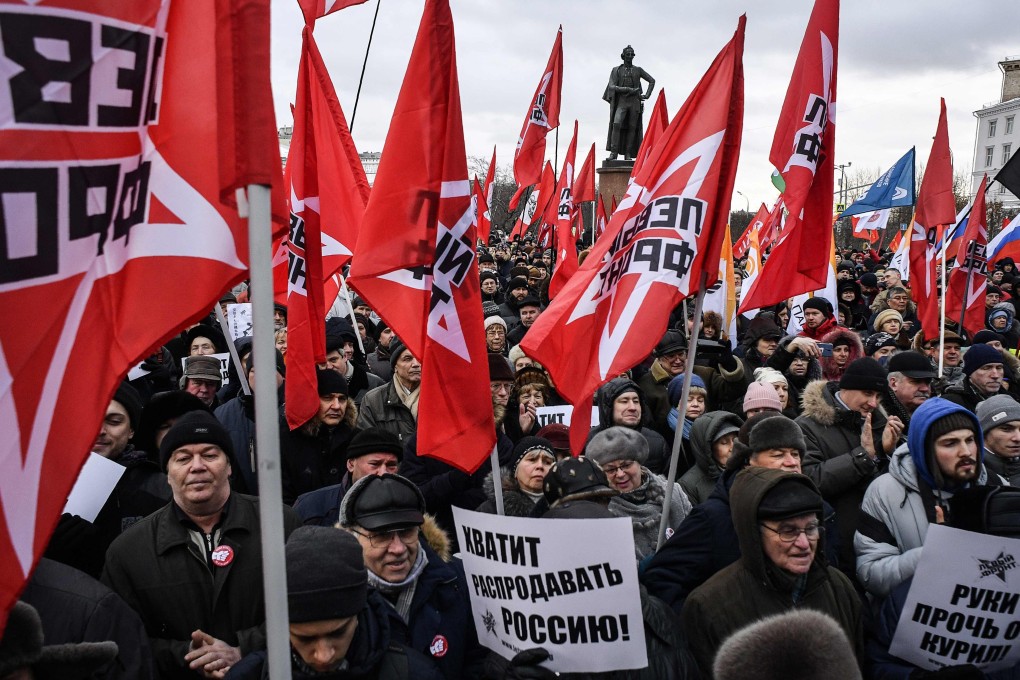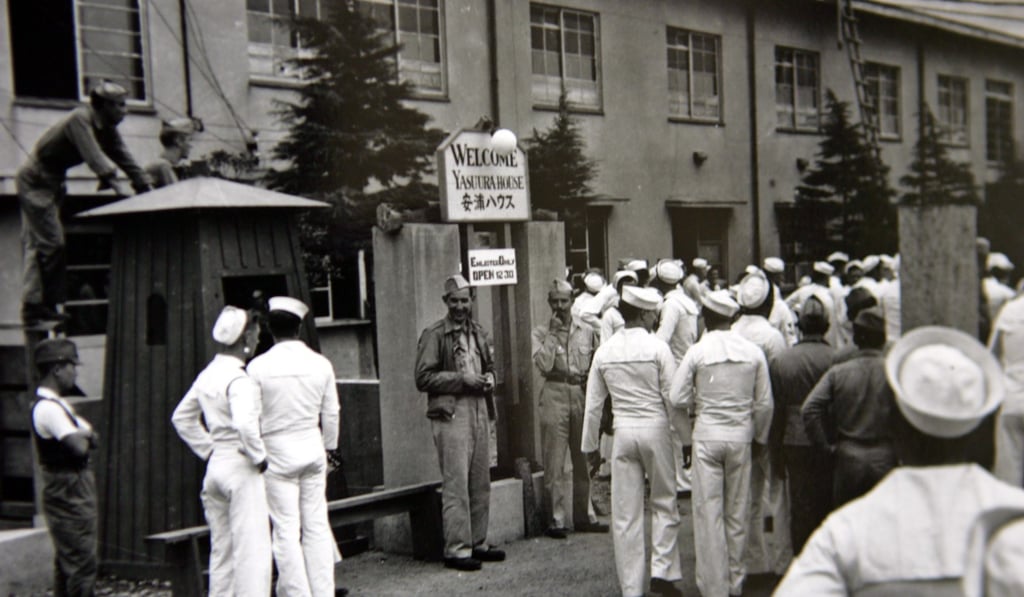Advertisement
Asian Angle | Will Russia and Japan ever reach an agreement over the Kuril Islands?
- Talks between Moscow and Tokyo over the territory have been at an impasse for decades. Can closer ties finally lead to a treaty?
Reading Time:4 minutes
Why you can trust SCMP

For Japan’s Prime Minister Shinzo Abe, signing a peace treaty with Russia while in office is close to the top of his priority list. It will cement his political legacy as the leader who fulfilled the historic mission of solving Japan’s most thorny and psychologically sensitive problem since the end of the second world war – a goal which was beyond the reach of his predecessors.
Talks between Moscow and Tokyo on a peace treaty have been at an impasse since the Soviet Union refused to sign one that officially ended the American-led occupation of Japan by the Allies in 1951.

Advertisement
While the two sides have normalised bilateral relations, both continue to claim rightful ownership of four islands off the Japanese island of Hokkaido which Soviet forces captured in 1945. Tokyo calls these islands the Northern Territories and Russia calls them the Southern Kurils.
Abe and Russian President Vladimir Putin agreed in November to accelerate negotiations over the peace treaty, in line with the joint declaration of 1956 that restored diplomatic relations and granted Japan two of the four disputed islands.
Advertisement
But the latest developments and the outcome of their meeting last Tuesday show reality is much more complicated.
Advertisement
Select Voice
Choose your listening speed
Get through articles 2x faster
1.25x
250 WPM
Slow
Average
Fast
1.25x
